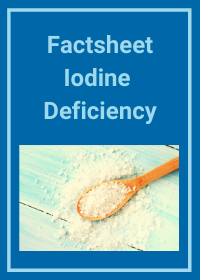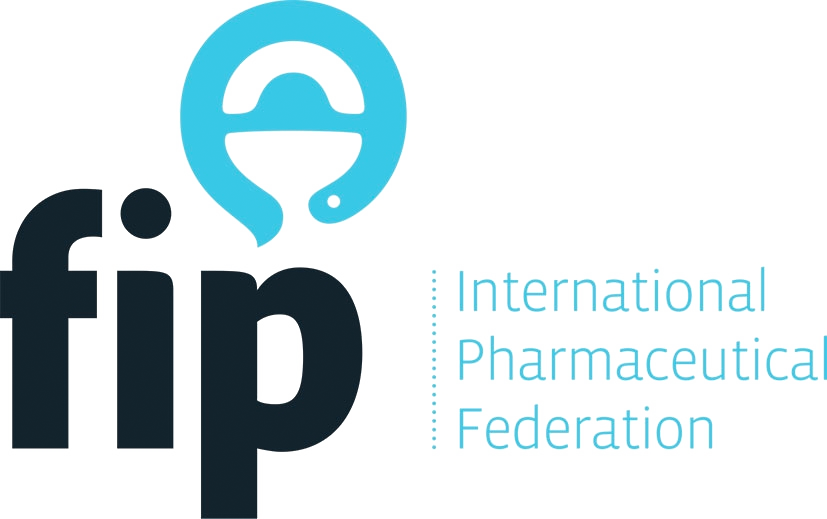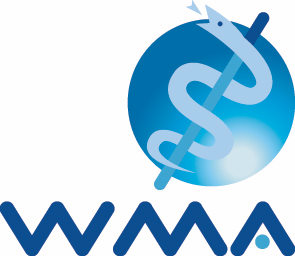Factsheet - Iodine Deficiency

Post date
November 2000
The Nurses, Pharmacists and Physicians of the World Plead for India to Utilise Only Iodised Salt
- Iodine is an important micronutrient necessary for proper mental and physical growth of both unborn foetuses and young children.
- Iodine deficiency (IDD) is the single most common cause of preventable mental retardation and brain damage in the world. It causes goiters and decreases the production of hormones vital to growth and development. Children with IDD can grow up stunted, apathetic, mentally retarded and incapable of normal movement, speech or hearing. Even marginal deficiency may reduce a child's mental development by about 10%.
- Forty-three million people were estimated to be affected by some degree of IDD-related brain damage, ranging from frank cretinism, spastic diplegia, milder mental retardation, and impaired educability.
- IDD in pregnant women can cause miscarriage, stillbirth and mentally handicapped children.
- More than1.6 billion people worldwide are at risk of IDD.
- A teaspoon of iodine is all a person requires in a lifetime, but because iodine cannot be stored for long periods by the body, tiny amounts are needed regularly.
- As iodine is only found in soil, humans receive their iodine by consuming animal products and plants.
- There are certain geographical areas where soil and therefore crops and grazing animals do not provide sufficient dietary iodine to the populace. This can be in areas with excessive rains and flooding, mountainous habitations.
- The solution to IDD is relatively simple and inexpensive. Food fortification has proven to be a highly successful and sustainable intervention. Iodized salt programs and iodized oil supplements are the most common tools in the fight against IDD.
- Iodized salt is the first choice for intervention because it is universally and regularly consumed, costs only US $0.04 per person annually and is manufactured with simple technology.
- The goal for the year 2000 is that at least 90% of edible salt consumed should be adequately iodized, including salt used for animals and salt used in preparation of commonly eaten staple foods such as bread.
File
Iodine Deficiency Factsheet
(137.43 KB)
©2019 World Health Professions Alliance




